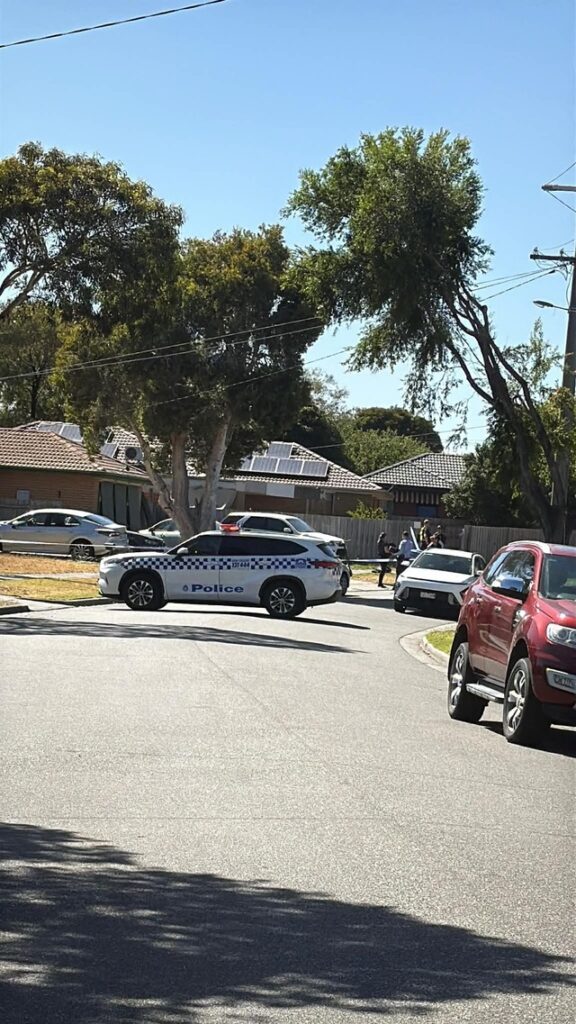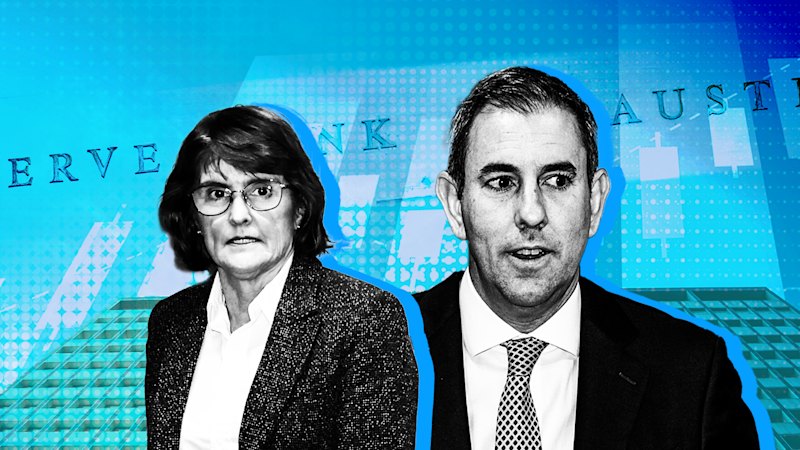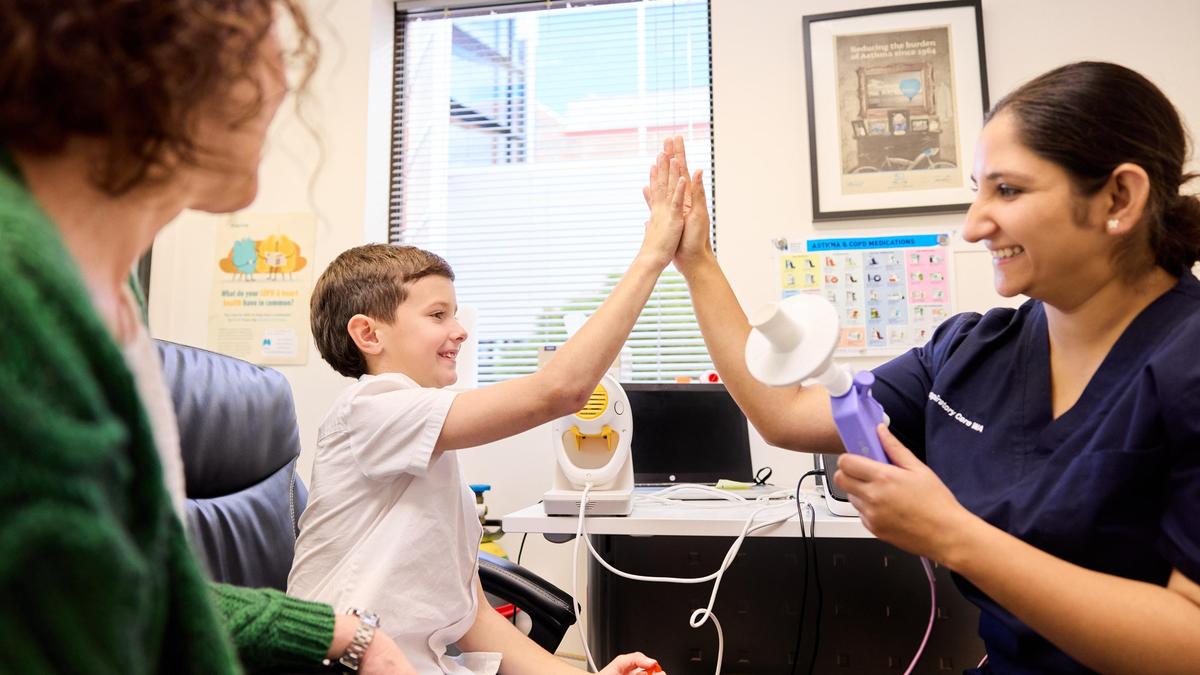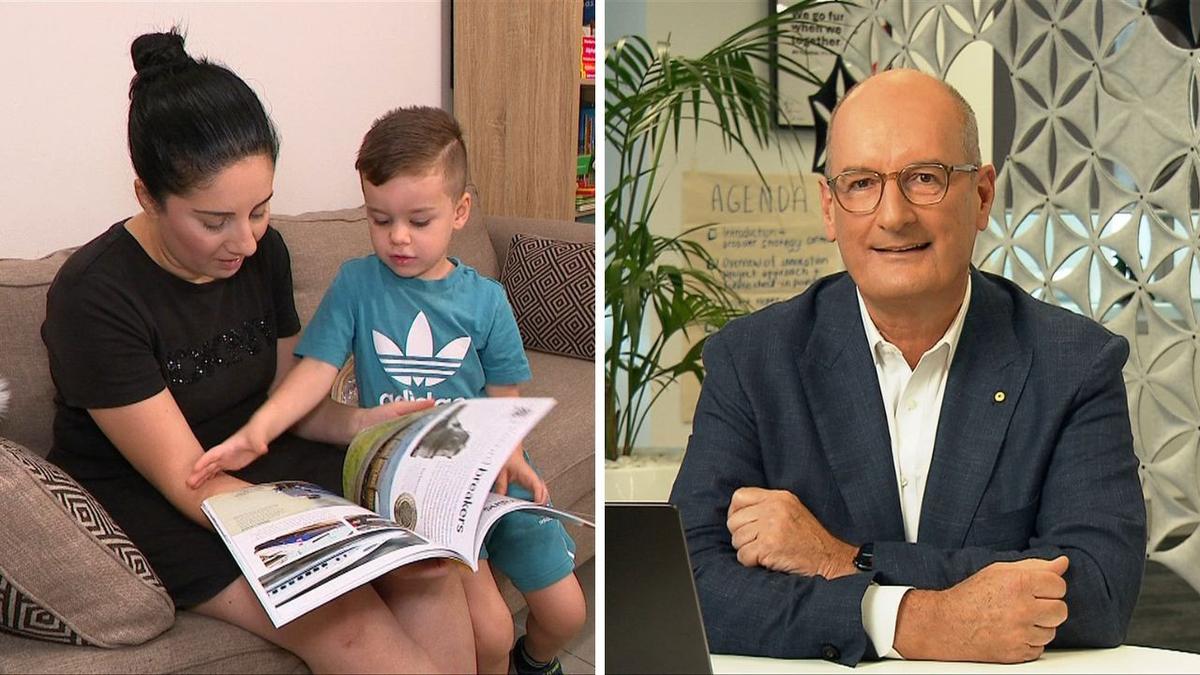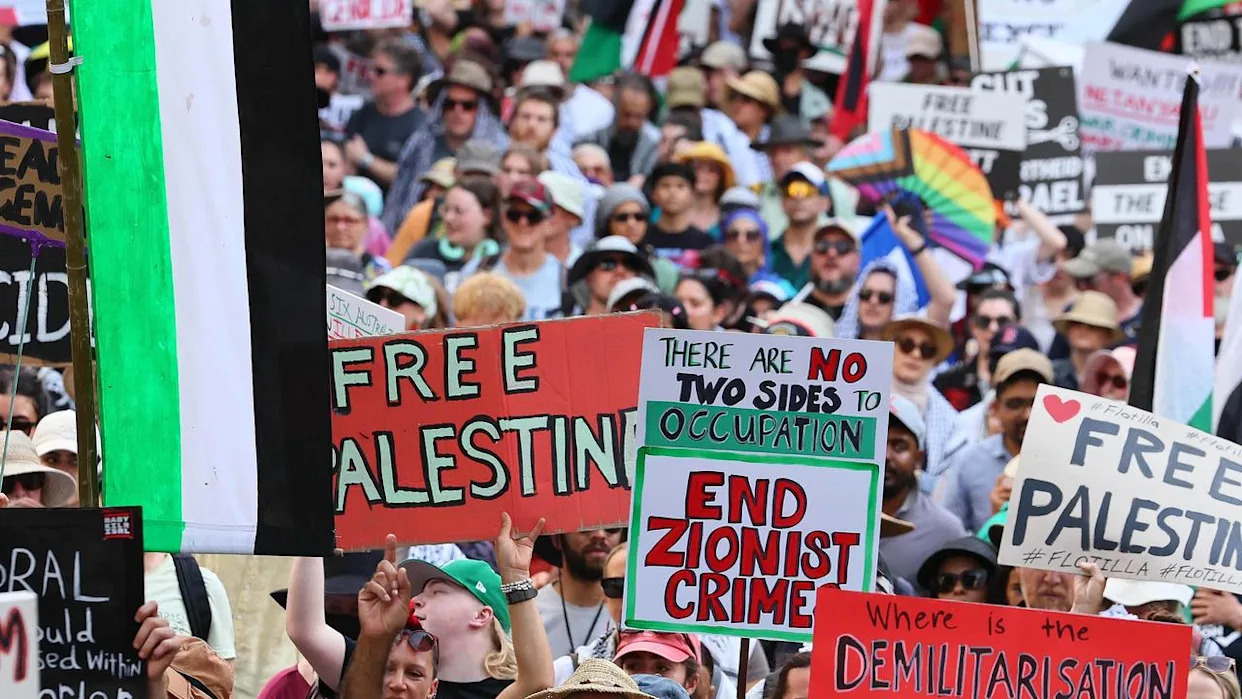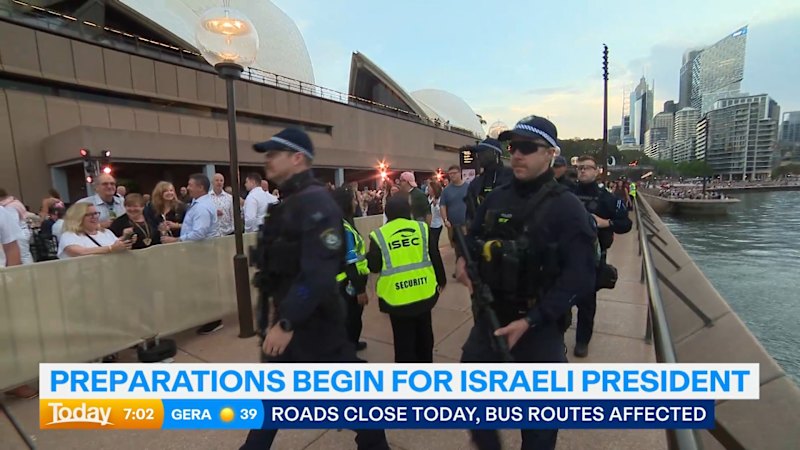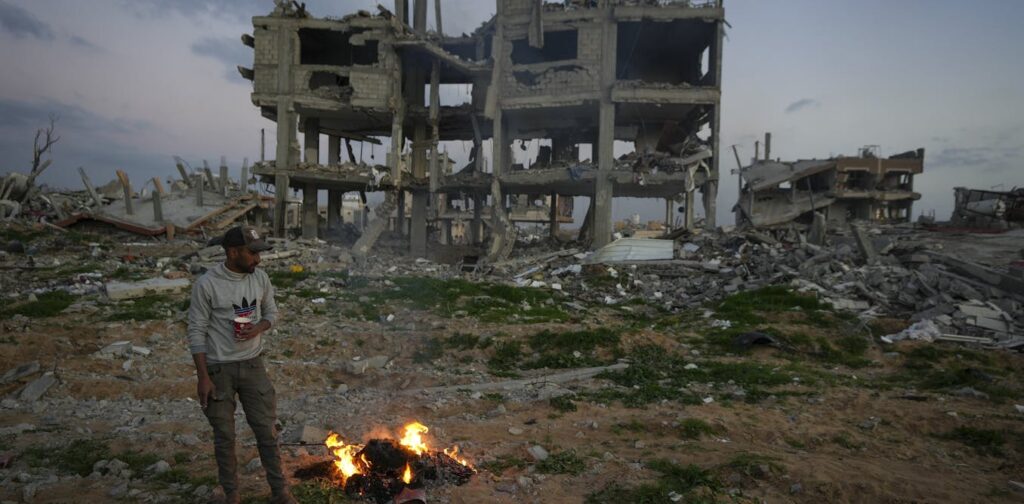
In January 2024, the International Court of Justice (ICJ) delivered a provisional ruling regarding allegations of genocide in Gaza brought forth by South Africa against Israel. The court stated that Palestinians possess a “plausible” right to protection from genocide in Gaza. It further mandated that Israel must take all necessary measures to prevent such an atrocity from occurring.
Since the ruling, a growing number of United Nations experts and human rights organizations have asserted that Israel is committing genocide in Gaza. This includes statements from prominent genocide scholars and two Israeli human rights groups, reinforcing the severity of the situation. The ICJ case is expected to span several years, raising significant questions about the legal definitions and implications of genocide.
To better understand these allegations, we consulted five Australian experts specializing in international law and genocide studies. Their insights shed light on what constitutes genocide, the existing legal standards, and whether evidence supports claims of genocide in Gaza.
Melanie O’Brien, the president of the International Association of Genocide Scholars, emphasized the importance of understanding the legal definition of genocide. According to the United Nations, genocide involves acts committed with intent to destroy, in whole or in part, a national, ethnical, racial, or religious group. This encompasses actions such as killing, causing serious bodily or mental harm, or deliberately inflicting living conditions calculated to bring about a group’s physical destruction.
Ben Saul, the United Nations special rapporteur on human rights and counter-terrorism, noted that the threshold for proving genocide is high. Evidence must demonstrate the intent to destroy a group, which can be complex to establish. Saul pointed out that the scale of violence and suffering in Gaza might suggest genocidal actions, but establishing intent remains a critical factor in legal assessments.
Eyal Mayroz, a former counterterrorism specialist with the Israeli Defence Forces, provided a different perspective. He acknowledged the severity of the situation but warned against hastily labeling actions as genocide without thorough investigation. Mayroz advocated for an objective evaluation of evidence, stressing that political motivations can influence interpretations of violence.
Paul James and Shannon Bosch contributed to the discussion by highlighting the role of international law in addressing allegations of genocide. They emphasized that legal frameworks exist to protect vulnerable populations, and the international community must remain vigilant in ensuring these protections are upheld.
As the situation in Gaza continues to unfold, the implications of the ICJ’s ruling and subsequent expert assessments will likely influence international responses. The conversations surrounding these allegations reflect broader concerns about human rights and accountability, underscoring the need for a comprehensive understanding of the legal ramifications involved.
While the legal proceedings initiated by South Africa may take considerable time, the urgency of addressing the humanitarian crisis in Gaza remains paramount. The voices of legal and genocide experts serve as critical reminders of the importance of upholding international law and protecting those at risk of violence and persecution.
